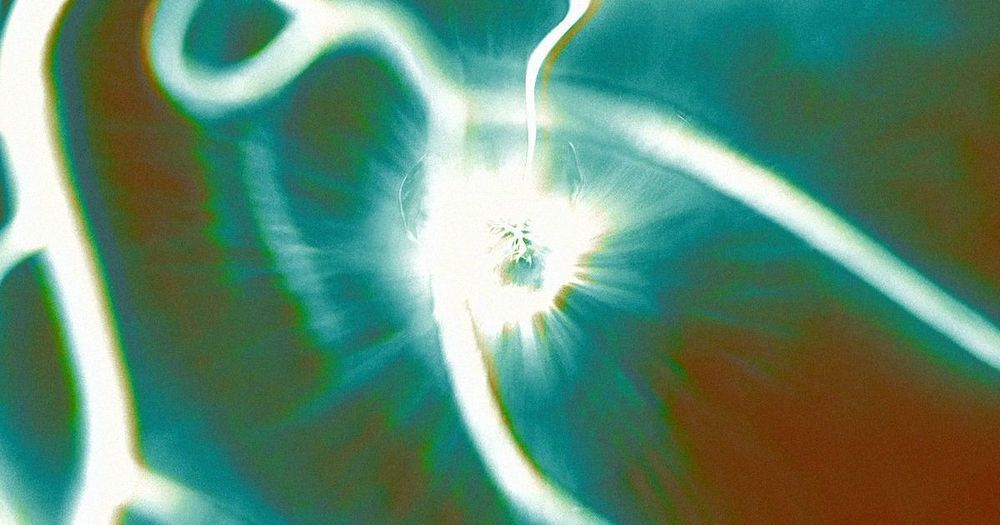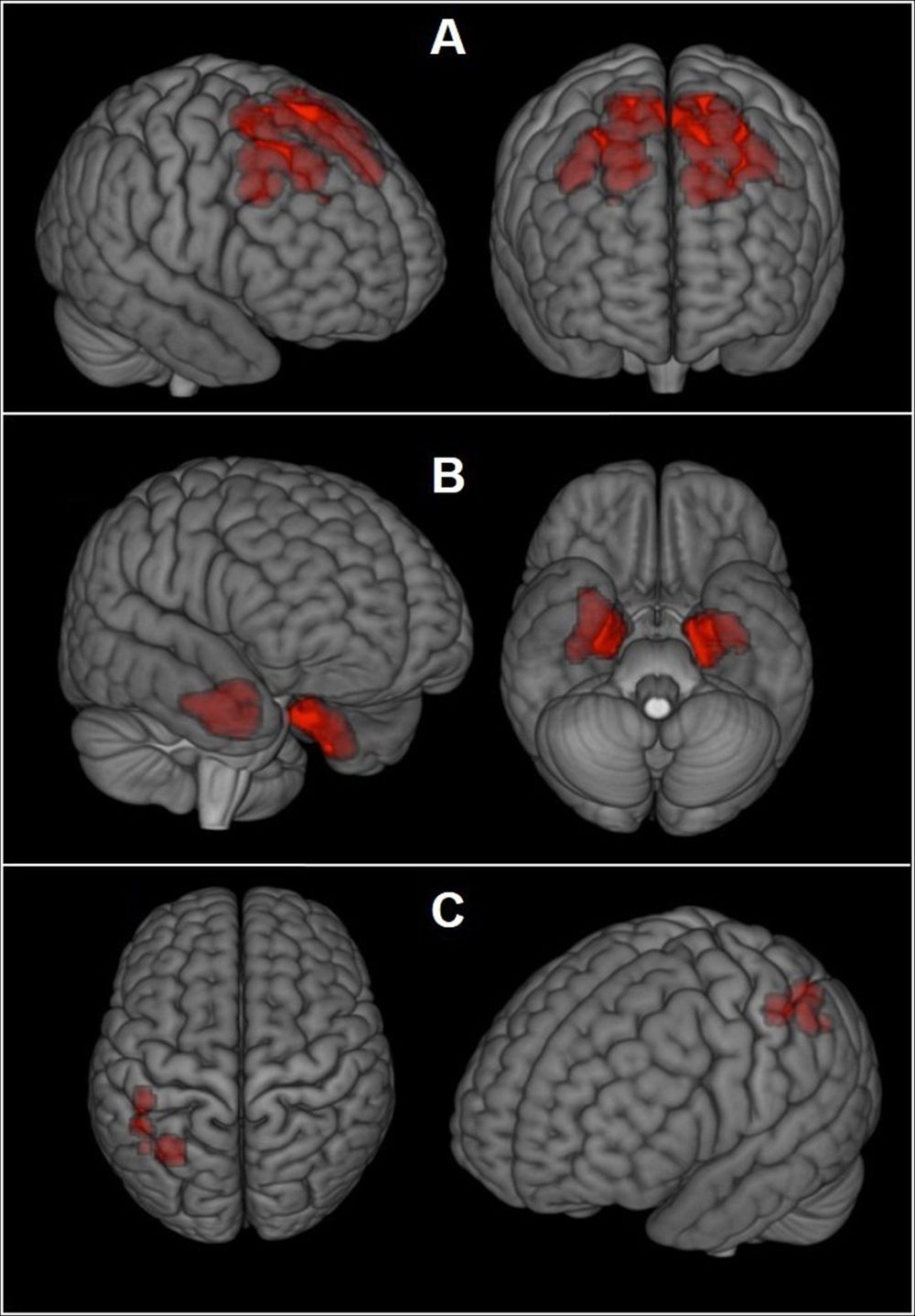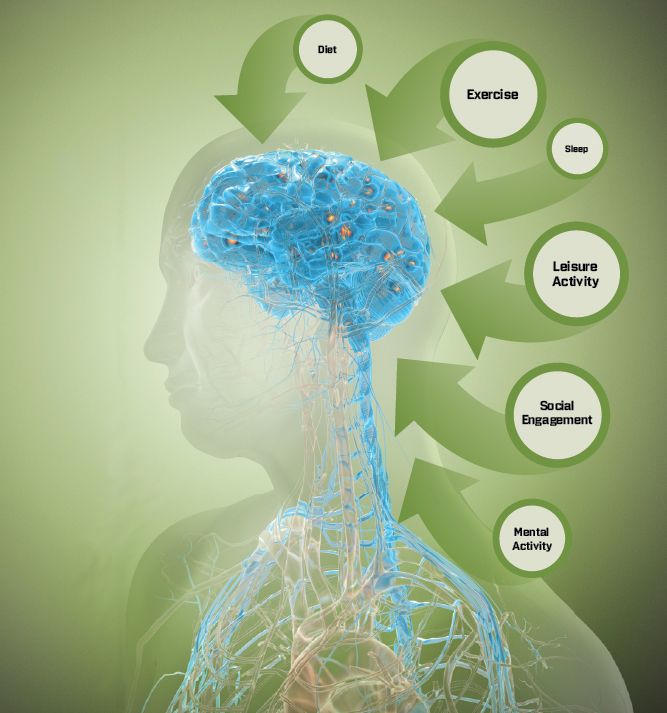Apr 11, 2019
Zapping Elderly People’s Brains Supercharges Their Working Memory
Posted by Quinn Sena in category: neuroscience
Stimulating the brains of elderly people with electrical currents allowed them to perform just as well on a memory test as people in their 20s — a sign that researchers may have found a noninvasive way to turn back the hands of time when it comes to human memory.
“It’s opening up a whole new avenue of potential research and treatment options,” researcher Rob Reinhart said in a press release regarding the study, “and we’re super excited about it.”

















